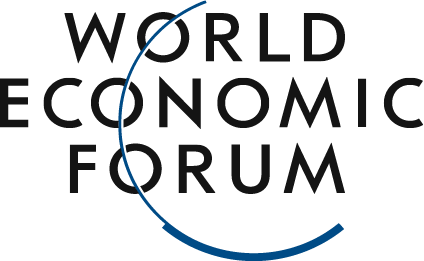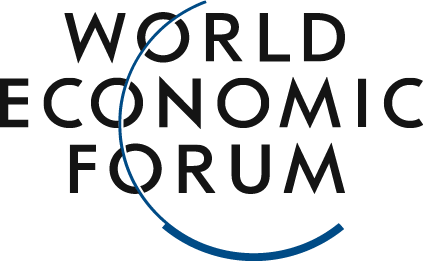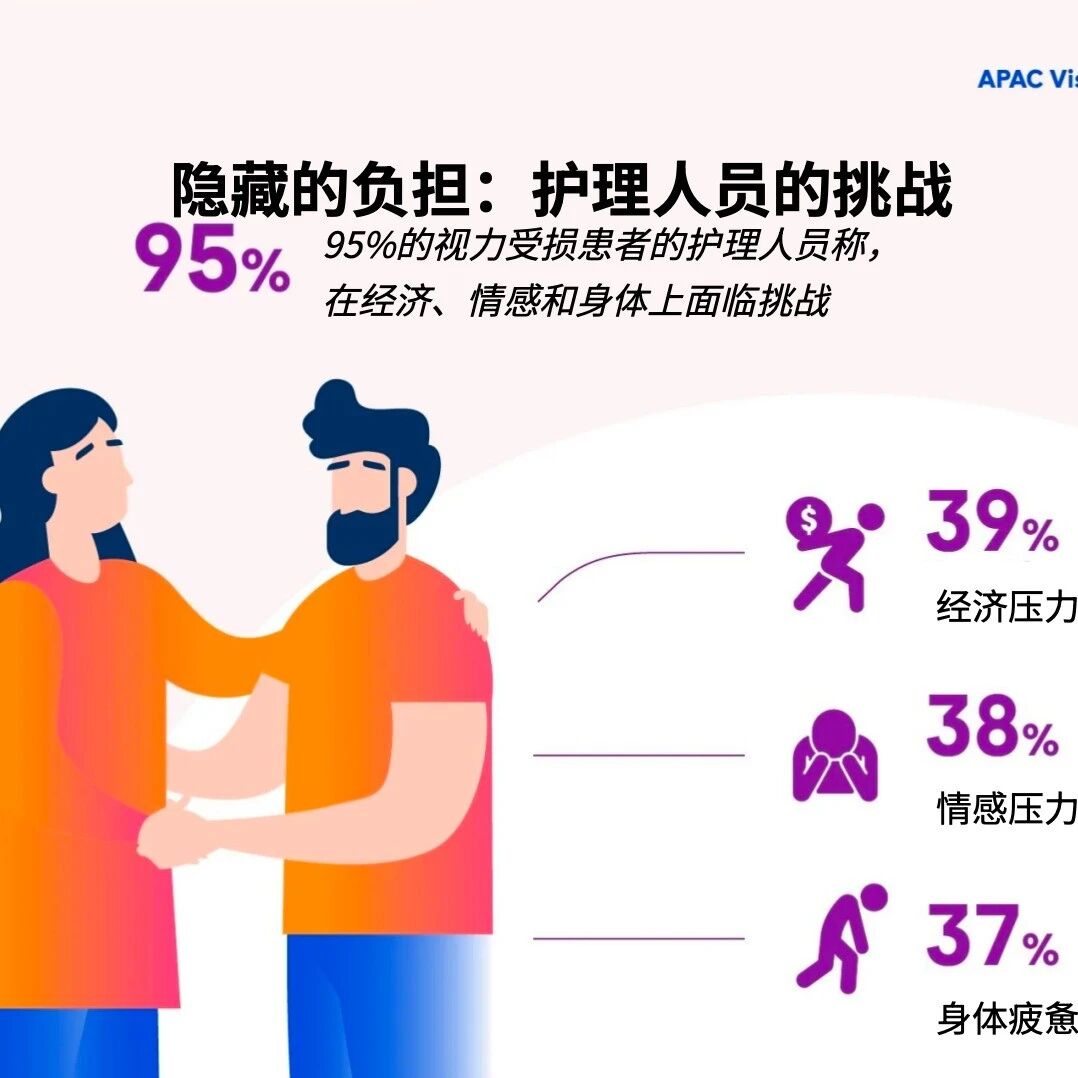

Asia is at the forefront of the global gig economy.
Image source: Unsplash/Paul Hanaoka
Isabelle Leliaert
Head of Work, Wages, and Job Creation at the World Economic Forum
Shuvasish Sharma
Specialist on Work, Wages, and Job Creation at the World Economic Forum
The global gig economy is rapidly expanding, offering a unique opportunity to reshape work models and prioritize inclusivity, resilience, and well-being.
Empowering gig workers is crucial to sustaining this model, requiring collaborative action from platforms, governments, and worker organizations to ensure fairer outcomes for everyone.
As the hub of gig economy growth, Asia possesses unique advantages in driving innovation and offering scalable solutions tailored to its diverse workforce.
Asia's digital transformation has fueled the explosive growth of the gig economy, providing unprecedented flexibility and income opportunities for millions across countries like China, India, and Indonesia.
According to the World Bank, the gig economy now accounts for as much as 12% of the global labor market, and demand continues to grow—driven primarily by developing countries.
However, this rapid growth has also exposed and exacerbated existing vulnerabilities. Many workers are facing algorithmic pressure, burnout, and economic insecurity—issues some have even labeled "digital informalization."
While gig work offers immediate income and flexibility, it can also lead to issues such as instability, algorithmic control, and economic dependency.
Empowering gig workers and improving their well-being is not only ethically sound but also a critical business strategy—driving sustainable growth and fostering social cohesion across Asia.
Huge scale
The surge in gig work is reshaping Asia. Reports indicate that more than 200 million people in China are engaged in gig jobs, accounting for roughly 25% of the country’s total workforce.
In India, gig workers are projected to reach 23.5 million by 2029-2030. Indian freelancers account for approximately 40% of the global freelance workforce, with many of them drawn to the gig economy.
Indonesia is home to between 4.3 and 2.3 million gig workers. This workforce is highly diverse: China’s delivery riders are predominantly young male migrants, while Indonesian drivers typically come from formal employment backgrounds—often men who’ve transitioned into gig work. In India, gig workers include both blue-collar and white-collar individuals, with many relying on gig jobs as their primary source of income.
Tackling Algorithmic Challenges
Gig platforms rely on advanced technology to match supply with demand. But if the design is poorly conceived, algorithmic management could inadvertently exacerbate instability. Here are three key challenges:
1. Life is tough for making a living
In Asia, many gig workers earn less than the minimum wage after factoring in operational costs such as fuel and maintenance. Long working hours—often exceeding 10 to 12 hours per day—are widespread, with little to no days off and limited financial stability.
As independent contractors, gig workers also lack benefits such as paid sick leave or health insurance, further deepening their economic vulnerability.
2. Algorithm Management
Automation systems often determine task assignments, ratings, pricing, and account suspensions without sufficient transparency.
Although algorithms can enhance efficiency, workers frequently report feeling constrained by ever-changing and unclear rules. Moreover, the lack of effective appeal channels—especially when disputes arise or accounts are suspended—only amplifies this sense of uncertainty and stress.
3. Gender Dimension
In the gig economy, women face distinct challenges. Safety concerns and income disparities persist.
On a major platform, women earn only 68% of what men do. The digital access gap, societal norms, and caregiving responsibilities are hindering women’s participation and advancement, thereby limiting the inclusive potential of the gig economy.
The cornerstone of collective action
To build a fairer gig economy, platforms, governments, and worker organizations must share responsibility. By working together, these stakeholders can create a more inclusive and sustainable future of work. Key areas for collaboration include:
Fair Compensation and Transparency:Platforms and policymakers can jointly establish standards for fair wages and algorithmic transparency. Initiatives like Urban Company, India’s gig-based home services platform, which conducts living wage audits, offer replicable models for others to follow.
Safety and Social Security:Platforms, governments, and worker groups can collaboratively design safety nets that align with the realities of gig work—ranging from jointly funded health and accident insurance to collectively contributed, transferable benefits. Examples like iFood’s insurance program demonstrate the tangible outcomes that can be achieved when prioritizing protection and security.
Enhancing Work Skills:Partnerships between platforms and public institutions, such as Swiggy collaborating with India’s Ministry of Skill Development and Entrepreneurship on training programs, can open up more growth opportunities for workers.
Diversity, Equity, and Inclusion:By jointly developing policies and maintaining ongoing dialogue with the workforce, a shared commitment to unbiased hiring and equitable job allocation can be advanced.
Smart Regulation:By integrating feedback from both platforms and workers, the government can develop an adaptive legal framework that aligns with the realities of gig work while fostering long-term inclusivity.
Workers' Right to Speak:Ensuring workers understand their rights enables them to establish and access fair grievance channels. These mechanisms for addressing concerns not only strengthen the platform but also empower individuals—and are most effective when all parties engage in constructive dialogue and collaboration.
Building a People-Centric Gig Economy in Asia
Regional Opportunities to Demonstrate Global Leadership
Asia is at a crossroads.
The world’s largest and fastest-growing gig economies are all located in Asia. Asia holds unprecedented opportunities to reshape the future of work—not by replicating traditional systems, but by prioritizing workers' dignity and well-being, while crafting inclusive, tailor-made models that cater to the region’s vast and diverse workforce.
Asian countries are already actively exploring innovative pathways. India is piloting a social security law aimed at gig workers, while Indonesia is investigating the potential of transferable multi-benefit programs.
China's evolving regulatory framework is encouraging platforms to offer more robust safeguards. These early efforts already demonstrate strong momentum, and regional cooperation along with public-private partnerships can further accelerate this momentum.
A global initiative for high-quality work
"The Quality Work Alliance" is an initiative launched by the World Economic Forum. The alliance is collaborating with gig economy companies to make platform-based work a sustainable and equitable component of the global economy.
By fostering collaboration among industry leaders, the initiative is committed to developing and implementing a robust set of workplace guidelines for the gig economy, ultimately benefiting millions of workers worldwide.

The above content solely represents the author's personal views.This article is translated from the World Economic Forum's Agenda blog; the Chinese version is for reference purposes only.Feel free to share this in your WeChat Moments; please leave a comment at the end of the article or on our official account if you’d like to republish.
Translated by: Di Chenjing | Edited by: Wang Can
The World Economic Forum is an independent and neutral platform dedicated to bringing together diverse perspectives to discuss critical global, regional, and industry-specific issues.
Follow us on Weibo, WeChat Video Channels, Douyin, and Xiaohongshu!
"World Economic Forum"


